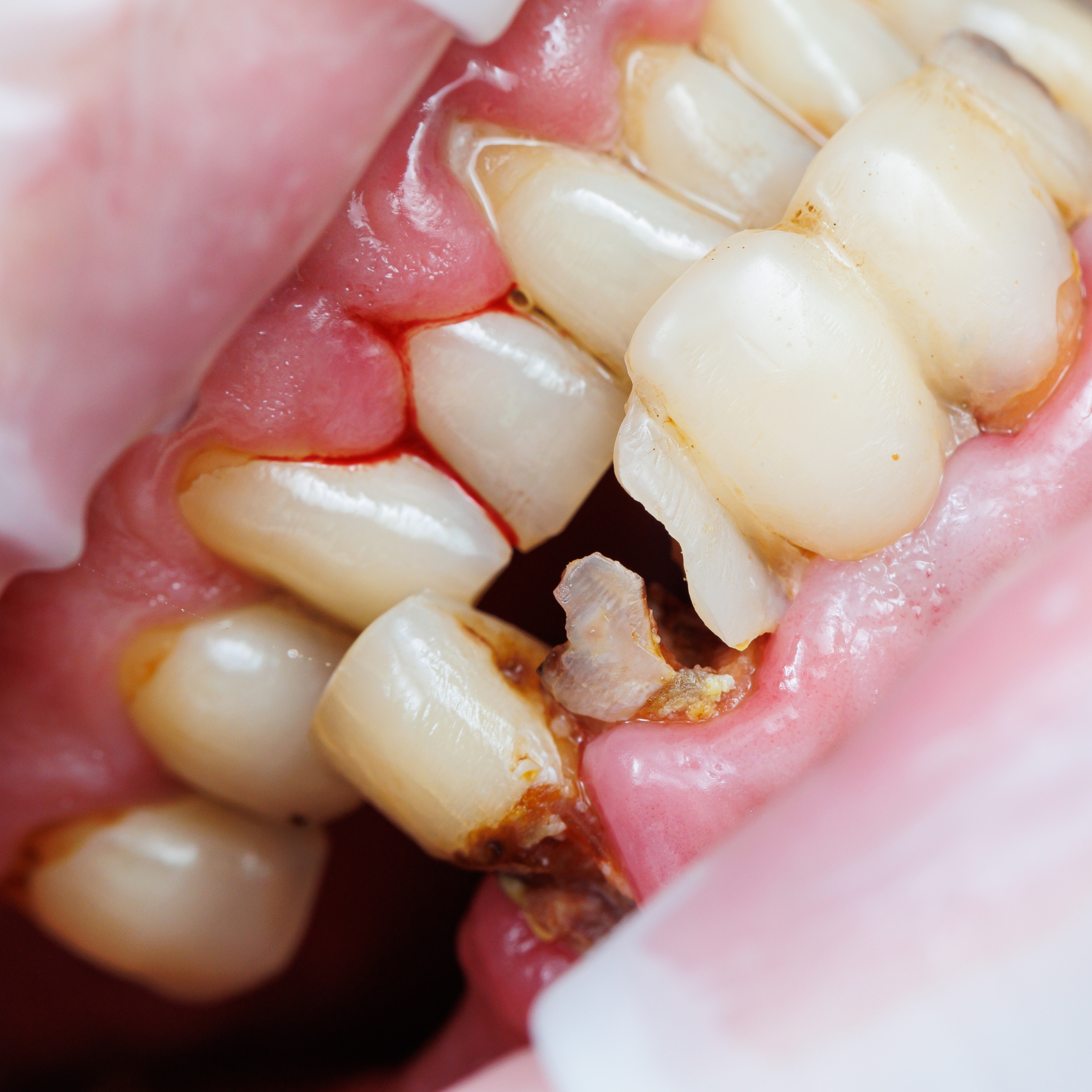
What Are the Consequences of Poor Oral Health?
Dental and oral health is an indispensable component of your overall well-being. Neglecting oral hygiene can result in dental cavities and gum disease, with potential links to more serious conditions like heart disease, cancer, and diabetes. Regular dental check-ups, coupled with adopting good oral hygiene practices, are essential for a healthy smile and a healthy body.
Maintaining healthy teeth and gums is a lifelong commitment. The sooner you integrate proper oral hygiene habits—such as regular brushing, flossing, and moderating sugar intake—the more effectively you can prevent costly dental procedures and avert potential long-term health issues. To ensure proactive care, consider scheduling regular check-ups with an affordable dentist in Tempe who can guide you on maintaining optimal oral health without breaking the bank. Your oral health journey starts with preventive measures and the support of a caring dental professional.
Facts about Dental and Oral Health
Dental cavities and gum disease are very common. According to the World Health Organization Trusted Source:
- between 60 and 90 percent of school children have at least one dental cavity
- nearly 100 percent of adults have at least one dental cavity
- between 15 and 20 percent of adults ages, 35 to 44 have severe gum disease
- about 30 percent of people around the world ages 65 to 74 don’t have any natural teeth left
- in most countries, out of every 100,000 people, there are between 1 and 10 cases of oral cancer
- the burden of oral disease is much higher in poor or disadvantaged population groups
There are many steps you can take to keep your teeth healthy. For example, dental and oral disease can be greatly reduced by:
- brushing your teeth with a fluoride toothpaste at least twice a day
- flossing your teeth at least once a day
- decreasing your intake of sugar
- eating a diet high in fruits and vegetables
- avoiding tobacco products
- drinking fluoridated water
- seeking professional dental care
- Symptoms of dental and oral problems
You shouldn’t wait until you have symptoms to visit your dentist. Going to the dentist twice a year will usually allow them to catch a problem before you even notice any symptoms.
If you experience any of the following warning signs of dental health issues, you should make an appointment to see your dentist as soon as possible:
- ulcers, sores, or tender areas in the mouth that won’t heal after a week or two
- bleeding or swollen gums after brushing or flossing
- chronic bad breath
- sudden sensitivity to hot and cold temperatures or beverages
- pain or toothache
- loose teeth
- receding gums
- pain with chewing or biting
- swelling of the face and cheek
- the clicking of the jaw
- cracked or broken teeth
- frequent dry mouth
If any of these symptoms are accompanied by a high fever and facial or neck swelling, you should seek emergency medical treatment. Learn more about the warning signs of oral health issues.
Keeping Your Teeth and Gums Healthy
Good oral health boils down to good general health and common sense. The best ways to prevent oral health problems are to:
- brush your teeth with a fluoride toothpaste at least twice a day
- floss at least once a day (one of the most beneficial things you can do to prevent disease in your oral cavity)
- have your teeth cleaned by a dental professional every six months
- avoid tobacco products
- follow a high-fiber, low-fat, low-sugar diet that includes plenty of fruits and vegetables
- limit sugary snacks and drinks
Foods with hidden sugars include:
- condiments such as ketchup and barbecue sauce
- sliced fruit or applesauce in cans or jars that have added sugars
- flavored yogurt
- pasta sauce
- sweetened iced tea
- soda
- sports drinks
- juice or juice blends
- granola and cereal bars
- muffins
Get more tips on preventing oral health problems at tempefamilydentistry.com. Good oral health is especially important to groups such as children, pregnant women, and older adults. Your oral health has an effect on more than just your teeth. Poor oral and dental health can contribute to issues with your self-esteem, speech, or nutrition. They can also affect your comfort and overall quality of life. Many dental and oral problems develop without any symptoms. Seeing a dentist regularly for a checkup and exam is the best way to catch a problem before it gets worse.
Ultimately, your long-term outcome depends on your own efforts. You can’t always prevent every cavity, but you can reduce your risk of severe gum disease and tooth loss by staying on top of your daily oral care.
